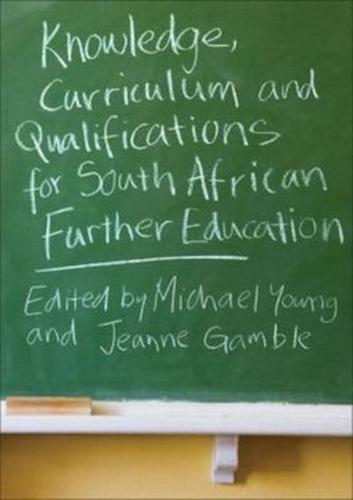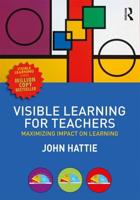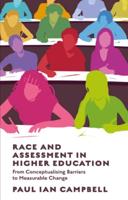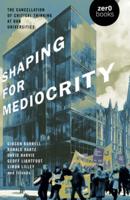Publisher's Synopsis
All countries, and South Africa is no exception, face acute dilemmas in modernising their systems of upper secondary and further education and training. Faced with pressures from the fast changing world of work, this education sector has become characterized by political slogans stressing skill development, improved access and participation, and the accountability of providers through some form of market. On the other hand, the phenomenon of 'academic drift' reveals that students increasingly see their future as progressing to higher education. Policymakers attempt to resolve these competing demands by calling for transferable, portable outcomes and qualifications as the new currency of an increasingly market-type system. Whilst acknowledging this context, this book seeks to remind policymakers, researchers and teachers that students continue with their education and training not primarily to achieve outcomes or qualifications but to acquire knowledge, be it disciplinary, professional or vocational. Knowledge that is not bound to the contexts in which it is acquired or used, is as important for those who do not progress to university as for those who do, and must be the starting point for the reform of curriculum, pedagogy and qualifications. Although focused on the current situation in South Africa, this book offers a set of refreshing, well-argued messages to those working in education in both developed and developing countries.










